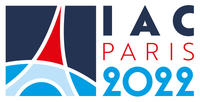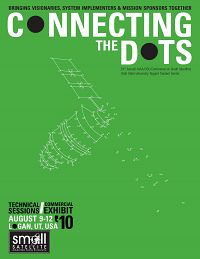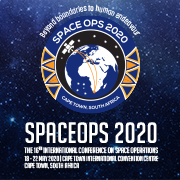›24th Annual Conference on Small Satellites
Connecting the Dots: Bringing Visionaries, System Implementers and Mission Sponsors Together
Over the past 23 years, the AIAA/USU Conference on Small Satellites has been a forum for researchers and technology advocates from government, industry and academia to share new ideas and discuss the important topics of the day in small satellites. The global economic downturn and resultant budget uncertainties worldwide have created an ‘opportunity space’ for small satellite systems to capture a broader acceptance, but in what applications and for what purposes? Today, more than ever, spacecraft system implementers must focus their limited resources on delivering solutions that meet mission and customer needs. At the same time, visionaries must bring their newest ideas and technologies forward to enable future missions. Thus, in the 24th year of this Conference, a direct approach is being taken to connect visionaries, system implementers and mission sponsors together to truly comprehend each other’s needs and capabilities.
In recent years, small satellites have proven their potential in scientific, commercial and military missions. The 24th Annual AIAA/USU Conference on Small Satellites will focus on understanding future mission needs, within the context of small spacecraft system capabilities or limitations, and strive to identify future technological advancements to make these programs successful.
Track this event on your Apple calendar














 United States
United States